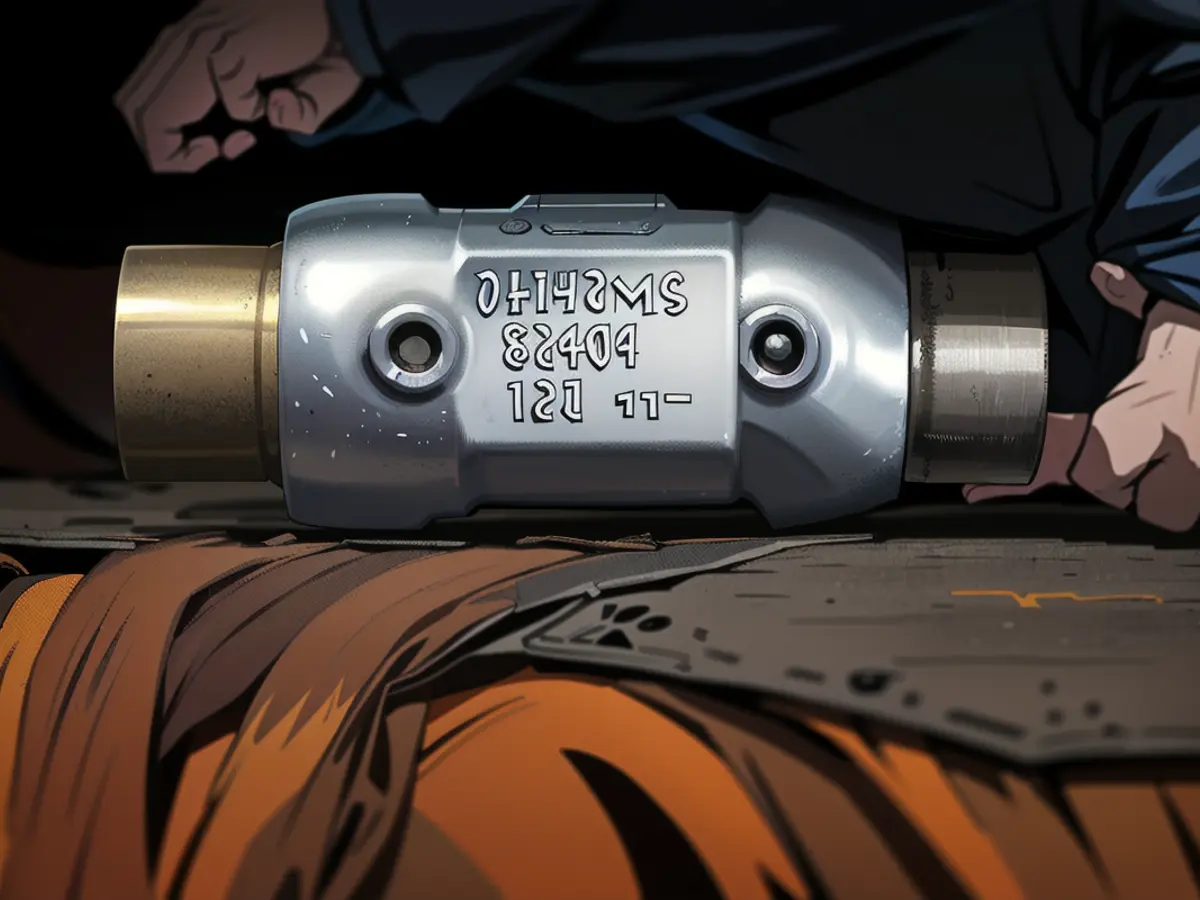What is a catalytic converter, and why do thieves target them for theft?
The theft of catalytic converters might seem unusual, but it's surprisingly common despite their harmless mission in cars. In the United States, thieves made off with 27,609 catalytic converters last year, with half of those instances occurring in California, as per the National Insurance Crime Bureau. Although it's a decrease from the whopping 64,700 taken in 2022, cases surged steeply since 2020, four times the number.
You may wonder why a part with such a mundane function could spark such criminal interest, but it's not what catalytic converters do that lures thieves. It's the priceless metals they contain that attract desparate criminals. These vital components in a car's exhaust system purify exhaust, making the air for everyone breathable, a discovery the Environmental Protection Agency deemed "one of the great environmental inventions of all time." However, it's not their function of cleansing toxic exhaust fumes that entices thieves. It's the valuable materials they carry - platinum, worth over $1000 per ounce, palladium valued similarly, and rhodium worth close to $5,000 an ounce. These metals convert harmful gases, including carbon monoxide and nitrous oxides, into less harmful by-products.
A catalytic converter looks like a metal cylinder or a flattened oval, attached to the car's exhaust system. It's usually located beneath the vehicle with an exhaust pipe running into one end and out the other. Inside, there's a honeycomb-like structure lined with precious metals.
Given that these metals are so coveted, catalytic converters become the target of thieves. There's no Vehicle Identification Number (VIN) marking, making it difficult for police to track stolen converters back to their rightful owners. Since they're easily accessible and usually hidden below the car, only requiring a saw to slice the exhaust pipe, stealing converters has become widespread. Unlike some other car parts, a car's lock won't fend off catalytic converter thieves, who can climb underneath and simply cut through the exhaust.
The enhanced value of these metals has dropped significantly, but they're generally more precious than gold, despite dipping from previous peak prices. Along with enhanced law enforcement against this crime and harsher penalties, it has somewhat helped reduce thefts. Additionally, with car engines growing more efficient and greener, the need for catalytic converters has decreased as they make them smaller and less metallic. Which may lead thieves to target older models.
Some new cars feature catalytic converters closer to their engines, making them more efficient because they remain hotter. This also discourages thefts since the converters are positioned closer to engine blocks. Also, coming up is potential legislation that may require catalytic converters to be identified with unique numbers. The Preventing Auto Recycling Theft (PART) act proposed by the National Automobile Dealers Association aims to link stolen converters to specific cars, making the thefts easier to trace and punish.
The used catalytic converters sold in scrap markets can fetch prices ranging from $25 to $1000 each, altered by the vehicle's make, model, and metal content. These converters primarily end up with recycling companies, who remove the metals and create new catalytic converters. Converters never lose their metal content.
While the worth of produced converters for recycling might seem modest, for victims the expense skyrockets. Replacing a stolen catalytic converter, comprising parts and labor, can easily exceed $2000. The absence of a converter still functioning creates serious problems. First, your car will make a lot of noise when you start it since exhaust will no longer be channeled through the muffler and silences engine noise. You'll also witness an orange "check engine" light and unpleasant exhaust fumes. Finally, the engine may suffer from uneven acceleration since the back-pressure had always been accounted for in how the engine was built, but now it's vanishing.
If this incident occurs, avoid driving the vehicle. Inform the police and your car insurance provider about the stolen catalytic converter. Have it replaced. The positive aspect is that this incident is now less frequent. Additionally, electric vehicles, which are increasingly popular, do not possess a catalytic converter to target.
Read also:
- Few cars weigh under a ton in present times.
- Lack of snow also opens up new opportunities for winter tourism
- Abrupt end to e-car subsidies
- The chemical industry has little confidence
The high price of precious metals found in catalytic converters has led to a surge in car business-related thefts. To make a profit, thieves often target older model cars, as they contain more valuable catalytic converters.
Source:








